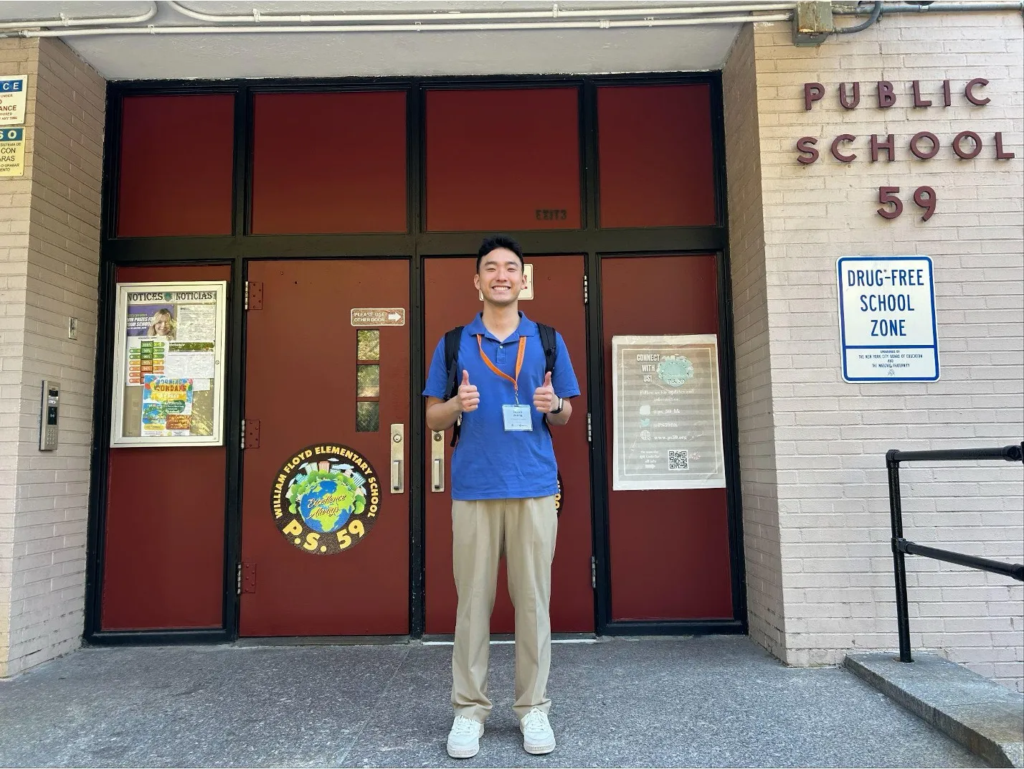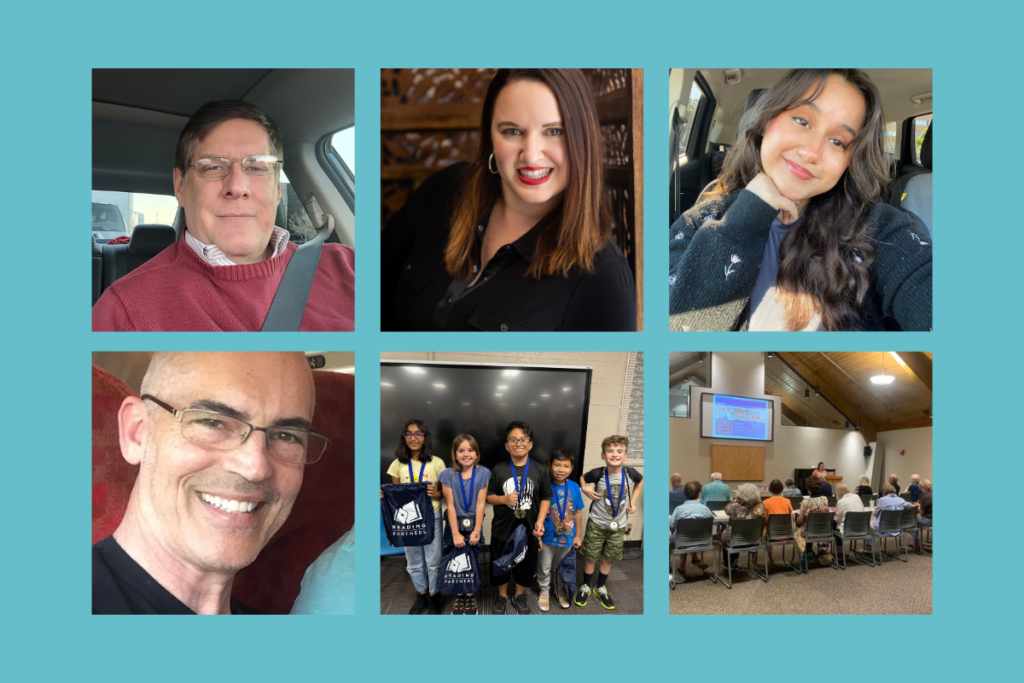Originally posted on NBCDFW
“School is out for summer!” That is always one of the best phrases a child can hear, but educators often worry about what will happen to the skills they have taught their students during those months.
When students fail to read during summer months, it can negatively impact their learning when they return to school in the fall. Educators often call this “summer slide.”
Unfortunately, it could be worse than ever before, because kids were forced from their schools early this year due to the coronavirus and that’s being called “COVID slide.”
Eric Hale, a first-grade teacher at David G. Burnet Elementary in the Dallas ISD, said he is seeing that first hand with some of his students.
“What you are seeing is kids that were thriving in the schoolhouse that are now in tough situations full time at their home,” Hale said. “So you are kind of starting to see more of that survivor mentality where everyone in the house is just trying to make it and school work fell behind.”
Hale, who was the recipient of the 2019 Annual Queen Smith Award, which recognizes a top educator in the country working in an urban school district, said he knows what parents are going through, but now is not the time to give up. Rather, now is the time to really put your foot on the gas, especially when it comes to reading for elementary school children. Your child’s future depends on it.
Even before the pandemic swept the country, only one out of every three, fourth-grade students in the U.S could read at grade level, according to non-profit literacy advocates Reading Partners North Texas. It’s also a proven fact that if a child is not reading at or above grade level, their chances of graduating high school drop significantly.
Hale said this doesn’t have to be the reality.
He said there are three things parents can do right now to help their kids become better readers during the summer.
- Invest in a good fit leveled reader set. If you can’t purchase one online, this youtube channel offers free resources Hale said works as well.
- Invest in a Dolch sight word set. If you can’t purchase one online, this youtube channel also offers free resources similar to the paid version.
- Good questioning after every read or heard story. Focus this one on fiction stories making sure young readers understand the beginning, middle and end of the story. Do they understand how the characters are developed? Do they understand how the story is put together? Can they tell you what they have learned?
Here is a list of the 2020 Reading With You book list with the help of our friends at Reading Partners North Texas.




